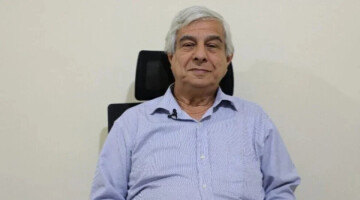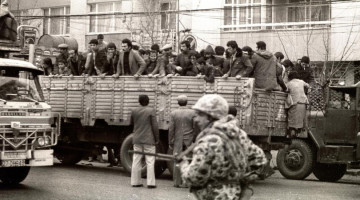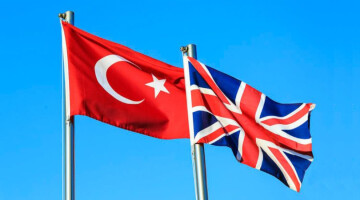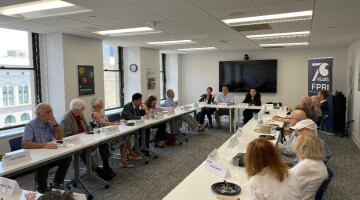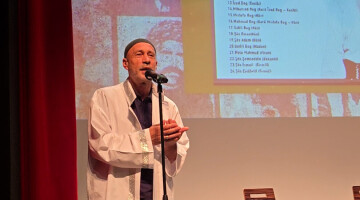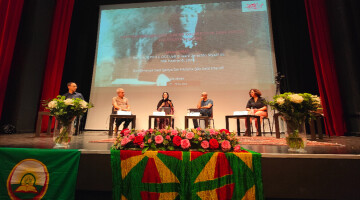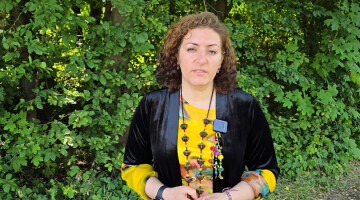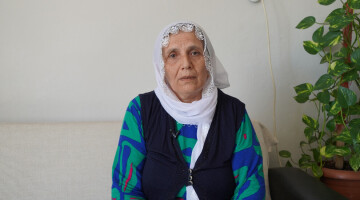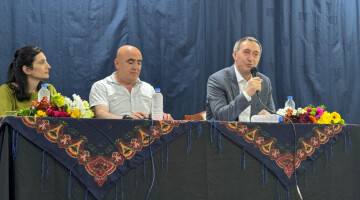Margaret Owen, Peace In Kurdistan Campaign patron, wrote to Dominic Raab MP: "We are writing to you in extreme urgency to implore you to use all your available means, diplomatic and economic, to ensure that COVID-19 does not rapidly spread in the AANES (the Autonomous Administration of North and East Syria), also known as Rojava, (SYRIAN KURDISTAN). We beg you to break the silence over Turkey’s role in allowing this predicted catastrophe to occur."
Owen reminded that "the AANES, with a population of over 4,000,000, is now home to over 650,000 refugees and IDPs, of all ethnicities and religion, who have fled the attacks not only of ISIS but of Turkey. These people are now living in vastly overcrowded, unhygienic camps and ad hoc settlements. But the AANES also accommodates over 5,000 ISIS captives. The AL HOL camp, housing 65,000 women and children, is a breeding ground for the spread of Coronavirus, with ISIS women propagating the message that only infidels and non-muslims are at risk."
Owen added that "in these conditions it is impossible for people to protect themselves by social distancing, and with the scarcity of water even the washing of hands is problematic. Furthermore, many of these people are affected by a whole range of underlying health issues, from malnutrition, war wounds, pregnancy, and untreated diseases such as tuberculosis, jaundice and diarrhea, which increase the likelihood of death should they become infected. The predicted death rate in camps and detention centres is 10%."
The letter also reminded that "Nnine years of war, systematic targeting of health and water infrastructure by occupying Turkish forces backed by Russia; lack of international recognition (in spite of the YPG and the YPJ being the most effective local troops on the ground liberating towns and villages held by ISIS), and Turkey’s January 2020 closure of the only UN aid crossing, at Yaroubiah. have left this region at extreme risk from the virus, for there is a severe lack of PPE and essential medical resources to prevent fatalities."
The letter underlined that "both the UN and the WHO refuse to deliver aid to this enclave, but only to the Assad government, leaving the AANES reliant on its own very meagre resources, and of course it cannot access the resources available in Damascus. The WHO supplied 1200 test kits to the Syrian government but none to the AANES. There is only one ventilator to serve 100,000 people, but WHO delivered 40 ventilators to Damascus. Furthermore, NGOs working with the Kurdish Red Crescent have been refused access to the special $2,000,000,000 UN COVID-19 funding."
In spite of the UN Secretary General’s plea to all member states for a universal cease-fire as the world tackles this pandemic, Turkey has continued to bomb and attack hospital and schools in Kurdish towns.
"9 out of 11 hospitals - said the letter - have been damaged or totally destroyed. This January it closed off the Alouck station water flow to the north-east, leaving some 1,100,000 people without water for cooking or washing. Cutting off the water supply to civilians during a conflict is a war crime, yet the UN has failed to condemn this act which is, in the present circumstances, is putting millions of lives at risk. At the time of writing this letter we have learnt that medical authorities in AANES report that Damascus is refusing to accept any samples from them."
The letter called on the Foreign Secretary to "use your influential seat in the Security Council, and also, in the context of the role you wish the UK to maintain in global affairs, to demand that Turkey opens the UN aid crossing at Yaroubiah and immediately restores the water flow at the Alouk water station. Also that you request the WHO to work directly with the Kurdish Red Crescent to provide them with test kits, PCR machines, ventilators and other essential medical equipment and resources."






